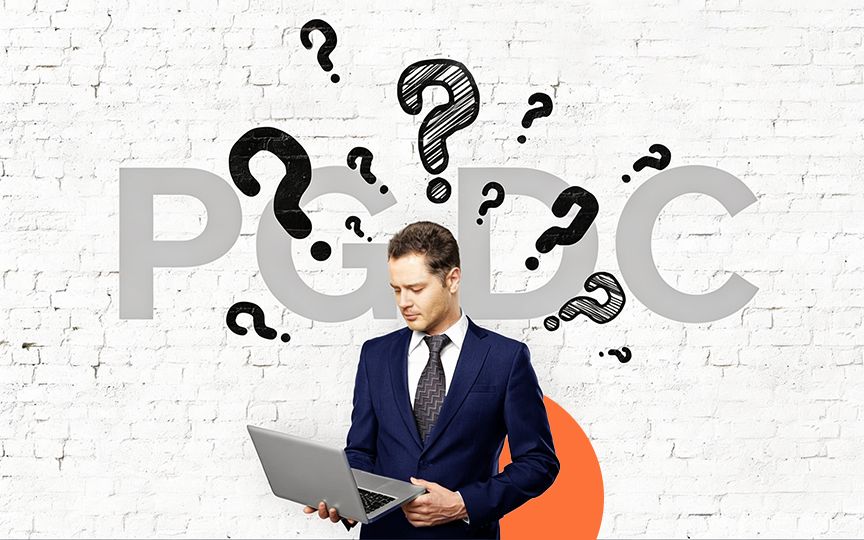In this era of digitalization, the literary world is undergoing an intriguing transformation as it adapts to the rapidly advancing technological landscape. With the advent of various digital platforms for reading and writing, there has been a remarkable surge in the way we consume and create stories. This shift has revolutionized the traditional ways of literature, paving the way for new and innovative storytelling methods.
In recent years, the rise of e-books, audiobooks, and digital publishing has made reading more accessible than ever before. These formats enable readers to access books from anywhere in the world, at any time, without the need for physical copies. This has expanded the reach of literature beyond traditional boundaries, making it easier for people to discover new authors and genres.

The Rise of E-readers and Audiobooks
Gone are the days when heavy paperbacks were the only way to delve into a captivating tale. E-readers, like Kindle and Kobo, offer a lightweight and portable alternative, allowing you to carry an entire library in your pocket. They also boast features like built-in dictionaries and adjustable font sizes, enhancing the reading experience.
In recent years, the rise of e-books, audiobooks, and digital publishing has made reading more accessible than ever before. These formats enable readers to access books from anywhere in the world, at any time, without the need for physical copies. This has expanded the reach of literature beyond traditional boundaries, making it easier for people to discover new authors and genres.
Read More:- A Comprehensive Guide on Media Professional Skills with Online MA
For those who prefer listening to stories, audiobooks have become a popular choice. With professional narration and the ability to listen on the go, audiobooks are perfect for multitasking or simply enjoying a story in a different format.
The Evolving Landscape of Online Publishing
Self-publishing platforms have empowered aspiring authors to bypass traditional publishing houses and share their work directly with readers. This democratization of publishing has led to a diverse range of voices and stories being shared online.
Furthermore, the digital age has also provided new opportunities for writers to publish their work. Self-publishing has become a viable option, and online platforms such as Wattpad, Medium, and Kindle Direct Publishing have made it easier for writers to connect with readers and build a following. This has democratized the publishing industry, allowing writers from diverse backgrounds to share their stories with a global audience.
The Rise of Social Media and Online Communities
Social media has become a vibrant space for book discussions, author interactions, and the sharing of literary content. Online communities dedicated to specific genres or authors allow readers to connect, share recommendations, and delve deeper into the stories they love.
New Forms of Storytelling
The digital age has also given rise to new forms of storytelling, such as interactive fiction and online web novels. These formats push the boundaries of traditional narratives, offering readers a more immersive and engaging experience.
Upskilling for the Digital Age
Whether you’re an aspiring writer navigating the world of online publishing or a bookworm eager to delve deeper into literary analysis, an MA in English Correspondence Course or an Online English Master’s Program can equip you with the necessary skills. These programs offer a flexible and convenient way to gain advanced knowledge of literature, writing, and critical thinking, all from the comfort of your own home.
Finding the Best Online English Master’s Programs
With a plethora of online programs available, choosing the right one can be overwhelming. Consider factors like program curriculum, accreditation, faculty expertise, and course format (live sessions vs. self-paced) when making your decision. Researching online reviews and rankings of Best Online English Master’s Programs can also be helpful.

The Future of Literature
The advent of the digital age has brought about a significant transformation in the world of literature. With the advancement of technology, we can anticipate the emergence of more innovative platforms and formats that will revolutionize the way we read and write. This opens up exciting possibilities for both readers and writers, paving the way for a more diverse and inclusive literary landscape.
As we move forward, we can expect even more exciting developments in the literary world. Virtual reality and augmented reality technologies may enable readers to immerse themselves in stories like never before. These advancements will undoubtedly transform the way we approach literature and provide new avenues for creativity and expression.







